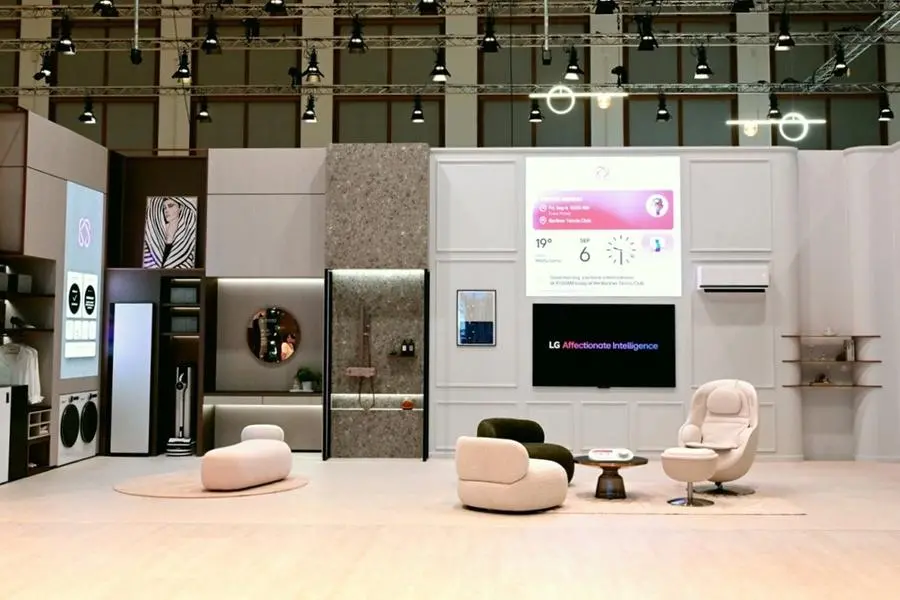
Artificial Intelligence (AI) and the Internet of Things (IoT) are at the forefront of innovation, transforming industries and enhancing our daily lives. LG, a global leader in consumer electronics, has embraced these technologies, pushing the boundaries of smart living through its cutting-edge AI and IoT-powered products. From intelligent home appliances to smart entertainment systems, LG is pioneering a future where devices communicate seamlessly, making life more convenient and efficient. You can learn more about LG products here.
The Role of AI and IoT in LG’s Product Ecosystem
LG’s integration of AI and IoT across its product line demonstrates its commitment to creating a smarter, more connected world. LG ThinQ, the company’s AI platform, is the cornerstone of this vision. It connects devices, allowing them to learn user preferences and automate tasks based on real-time data. This integration not only enhances convenience but also creates personalized experiences for users.
For example, LG’s ThinQ-enabled refrigerators can track inventory, suggest recipes, and even order groceries when stocks are low. Washing machines can recommend the optimal wash cycle based on the load and fabric type, while air conditioners adjust temperature and humidity based on the user’s environment and preferences. This level of automation is made possible through the seamless interaction of AI and IoT technologies.
Enhancing Smart Living Through AI and IoT
LG’s vision for the future revolves around a fully connected smart home where all devices communicate effortlessly. This is particularly relevant as more homes in Kenya and across Africa embrace smart technologies. By integrating IoT, LG ensures that its products can share data and work together. For instance, LG’s smart ovens can sync with the refrigerator to adjust cooking times based on food freshness, while smart TVs can automatically switch to preferred settings when a user enters the room.
This interconnectedness, powered by AI, means that LG devices are not just reacting to commands but are actively learning from users. Over time, they adapt to habits, preferences, and routines, making life more intuitive and less time-consuming.
AI and IoT Driving Sustainability
One of the most promising aspects of AI and IoT in LG products is their contribution to sustainability. LG’s smart appliances are designed to minimize energy consumption by analyzing usage patterns. For example, LG’s AI-driven washing machines can reduce water and detergent usage by selecting the optimal wash cycle, while ThinQ-enabled air conditioners can adjust cooling based on occupancy, reducing energy waste.
This focus on sustainability aligns with LG’s broader environmental initiatives and resonates with consumers who are increasingly seeking eco-friendly solutions. As the demand for energy-efficient products grows in Kenya, LG’s AI and IoT technologies position the brand as a leader in sustainable living.
The Future of AI and IoT in LG Products
Looking ahead, LG’s roadmap for AI and IoT innovation is set to expand further. The company is exploring deeper integration between AI-driven data analytics and IoT networks to offer predictive maintenance and enhanced security features. For instance, future LG appliances could detect potential malfunctions before they occur, scheduling repairs automatically, or even alerting users to security vulnerabilities in their smart home ecosystem.
As 5G technology becomes more prevalent, the potential for AI and IoT to transform LG products will be limitless. Ultra-fast, low-latency networks will enable devices to communicate and react in real time, enhancing the overall user experience. This is particularly exciting for the African market, where the rise of 5G will create new opportunities for smart technology adoption. See LG’s advancement in AI here
See: LG TVs Pioneer Immersive Audio Experience with Apple Music in Spatial Audio with Dolby Atmos

